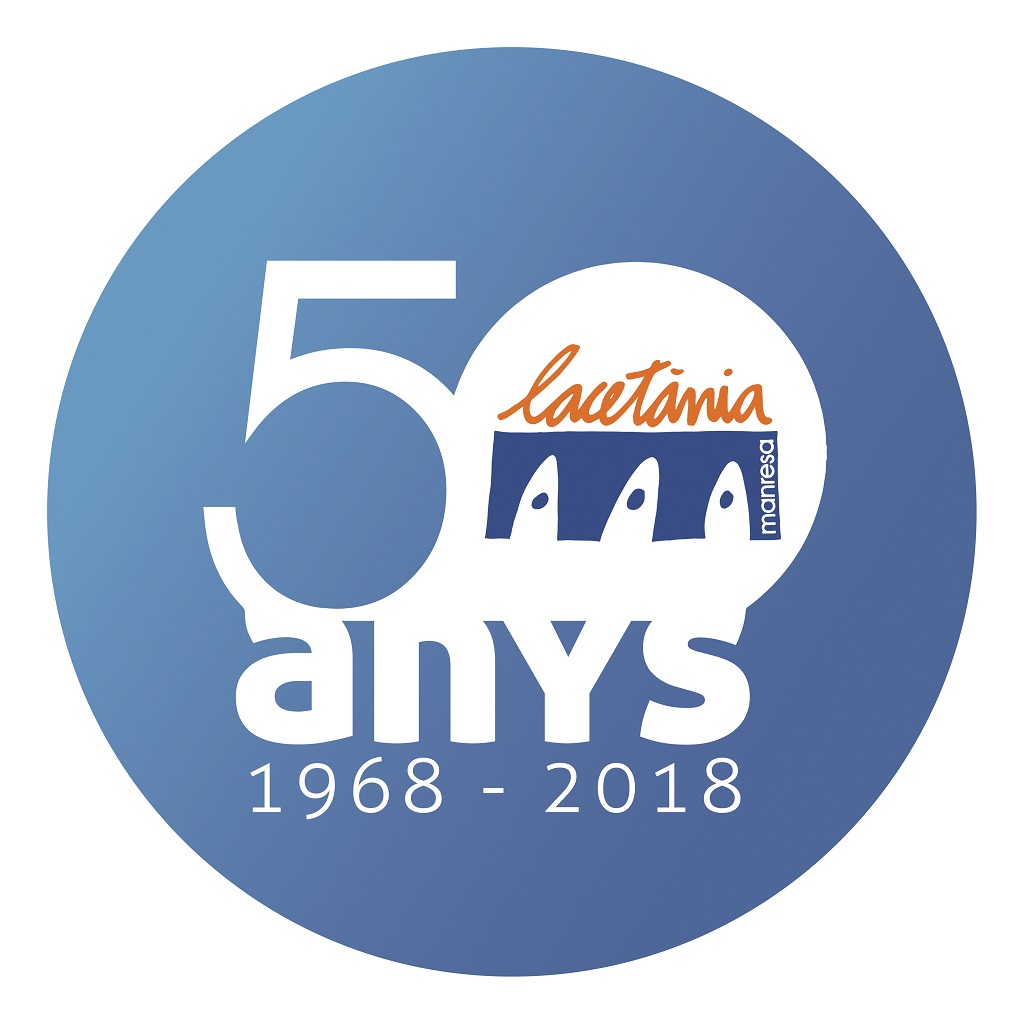Vocational training courses (CF) can be intermediate level (CFGM), which can be accessed with the title of graduate in compulsory secondary education or equivalent, and higher degree (CFGS), which can be accessed with the baccalaureate degree or equivalent.
To these are added the Specialization Courses (EC) that make it possible to deepen knowledge after having completed a training cycle.
All the training courses have a duration of 2000 hours, and two academic years.
These hours are distributed between the Institute and a work center. The hours to be worked at the Institute range from 1590 to 1650 (according to the CF), while the hours to be worked at the Institute are between 350 and 410 hours.
The specialization courses can mean 600 or 720 hours depending on the specialty, and a single academic year.
INTERMEDIATE VOCATIONAL TRAINING
-
- Administrative management
- Automobile electromechanics
- Car bodywork
- Automatic and Electrical installations
- Telecommunications installations
- Mechanization
- Electromechanical Maintenance
- Microcomputing systems and networks
HIGHER DEGREE VOCATIONAL TRAINING
-
- Management and finances
- Industrial automation and robotics
- Electronic maintenance
- Programming of production in mechanical manufacturing
- Design in mechanical manufacturing
- Administration of computer network
- Web Application Development
- Industrial Mechatronics
- Automotive
SPECIALIZATION COURSES
-
- Cybersecurity in the context of communications technology
- Smart manufacturing
DUAL VOCATIONAL TRAINING
Dual vocational training is a form of study that combines face-to-face teaching in the classroom at the same time as a significant presence in companies, of approximately 1000 hours. This modality brings advantages to both students and companies.
As far as students are concerned, joining companies allows them to complete the knowledge acquired at the institute on a practical level and in a real environment, as well as to enter the world of work. It is proven that students who have taken a dual CF have a very high degree of employment.
As for companies, it allows them to incorporate young people who are in training but who already have an important academic and practical base that they have received in the months before they joined the company. In addition, these boys or girls have had to show good academic performance and a positive attitude in high school before joining the companies to complete their training in this modality. They are also provided with young apprentices in jobs or trades where it is often very difficult to find trained staff.
The legal relationship between students and companies is carried out through the formalization of an employment contract or a training scholarship. In most cases, the stay in the company is done simultaneously with the attendance of the classes, in a compatible schedule, without there being overlaps between the two activities. Business hours can be increased during school holidays.
As for the assessment, it is done jointly and agreed between the student’s tutor in the company and the student’s tutor in the institute. The latter will have a regular follow-up of the boy or girl while he / she is in the company. This is followed by face-to-face or virtual visits and meetings with company representatives, as well as emails and calls. The follow-ups assess different aspects, both strictly academic and professional (the so-called hard skills) and more attitudinal, such as punctuality, degree of responsibility you want to assume, interest in work, respect for colleagues, the ability to resolve problems, teamwork or autonomy (the so-called soft skills).
TRAINING AND INSERTION PROGRAM
It is voluntary and aimed at young people who are at least 16 years old and at most 21 in the year of the start of the program, who have left compulsory secondary education (ESO) without obtain a degree and, at the time of starting the program, do not pursue studies in the education system or participate in other training actions.
The purpose of this program is to provide these young people with the opportunity to re-enter the education system to further their vocational training. They must also provide the essential learning to enter the job market with the best chance of obtaining a skilled and lasting job.
In our school you can take a Maintenance specialty, whose duration is 1,000 hours for a school year, to become an Assistant in water, gas and electrical installations.


